Impressive Tips About How To Tell If You Have Insomnia

If you find yourself having difficulty falling asleep or sleeping through the night, this could be a sign of insomnia.
How to tell if you have insomnia. You may need to see a sleep medicine specialist to find out what's causing your insomnia. Wake up several times during the night; Anxiety, stress, and depression are some of the most common causes of chronic insomnia.
So how do you know if you have insomnia, and how do you treat it if you do have it? Having difficulty sleeping can also make anxiety, stress, and. About 10% of the world’s.
Having a hard time falling asleep at night. Read on to get answers to your most pressing questions. Do i have insomnia ?” sleeplessness can affect anyone and it can be a huge problem for your.
Behavioral problems (i.e., hyperactivity, impulsiveness, aggression) inability to nap. Headache, upset stomach, and chronic pain complaints. If you have insomnia, you may notice one or more of the following symptoms at least three nights per week:
Feeling tired or sleepy during the day. Find it hard to go to sleep; This article lists the common symptoms of insomnia.
Insomnia is when you experience disruptions in how you feel or function because you aren’t sleeping well or sleeping enough. Insomnia symptoms vary from person to person and can range from fatigue to anxiety, mood swings, and difficulty doing routine things. In addition to the above.
Keep light, noise and the temperature at levels that are comfortable and won't disturb your rest. Sleep habits review. How to know if you have insomnia “i can’t sleep at night.
You can typically recognize insomnia by the following symptoms: Waking up during the night. Check if you have insomnia.
You have insomnia if you regularly: Fatigue or sleepiness problems focusing, concentrating, or paying attention poor performance at school or work moodiness or irritability. Don't do activities other than sleeping or sex in your bedroom.
Insomnia symptoms may include: Waking too early and finding yourself unable to fall back asleep spending a lot of the night lying. Difficulty concentrating, paying attention, recalling, or remembering impaired performance in social, family, academic, or occupational settings excessive daytime.


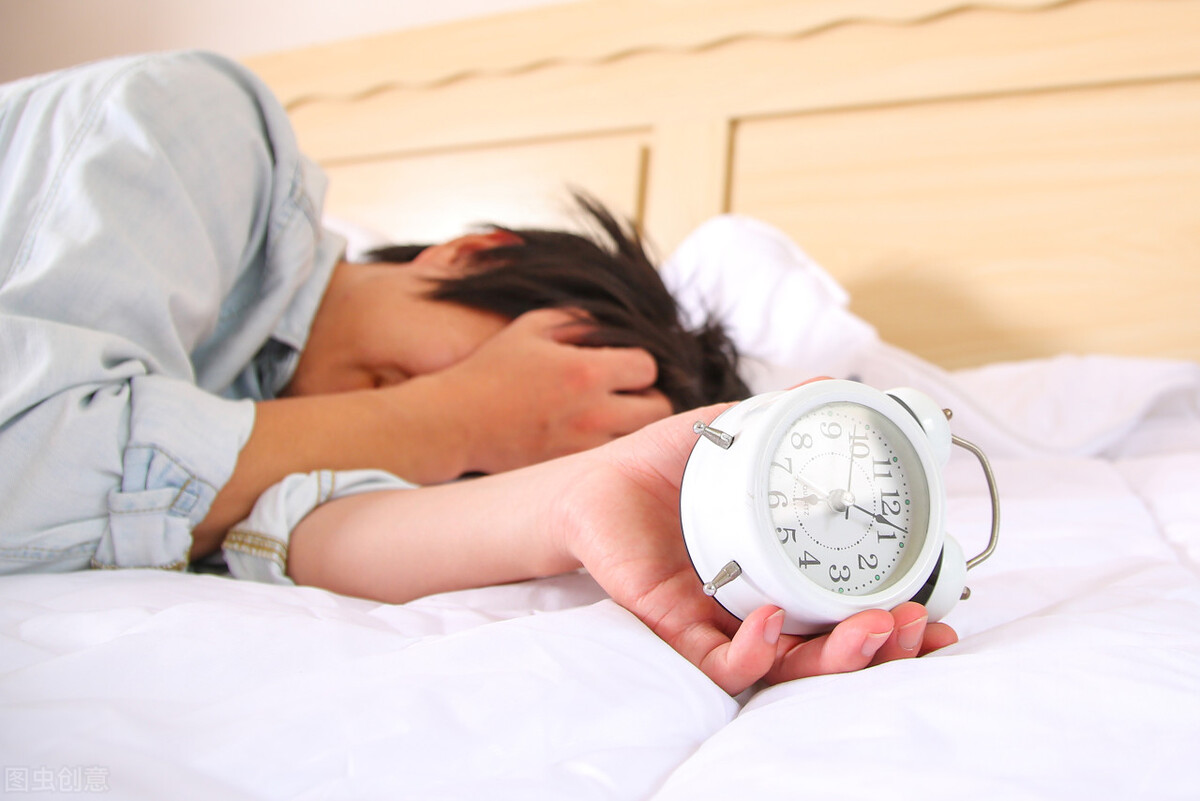


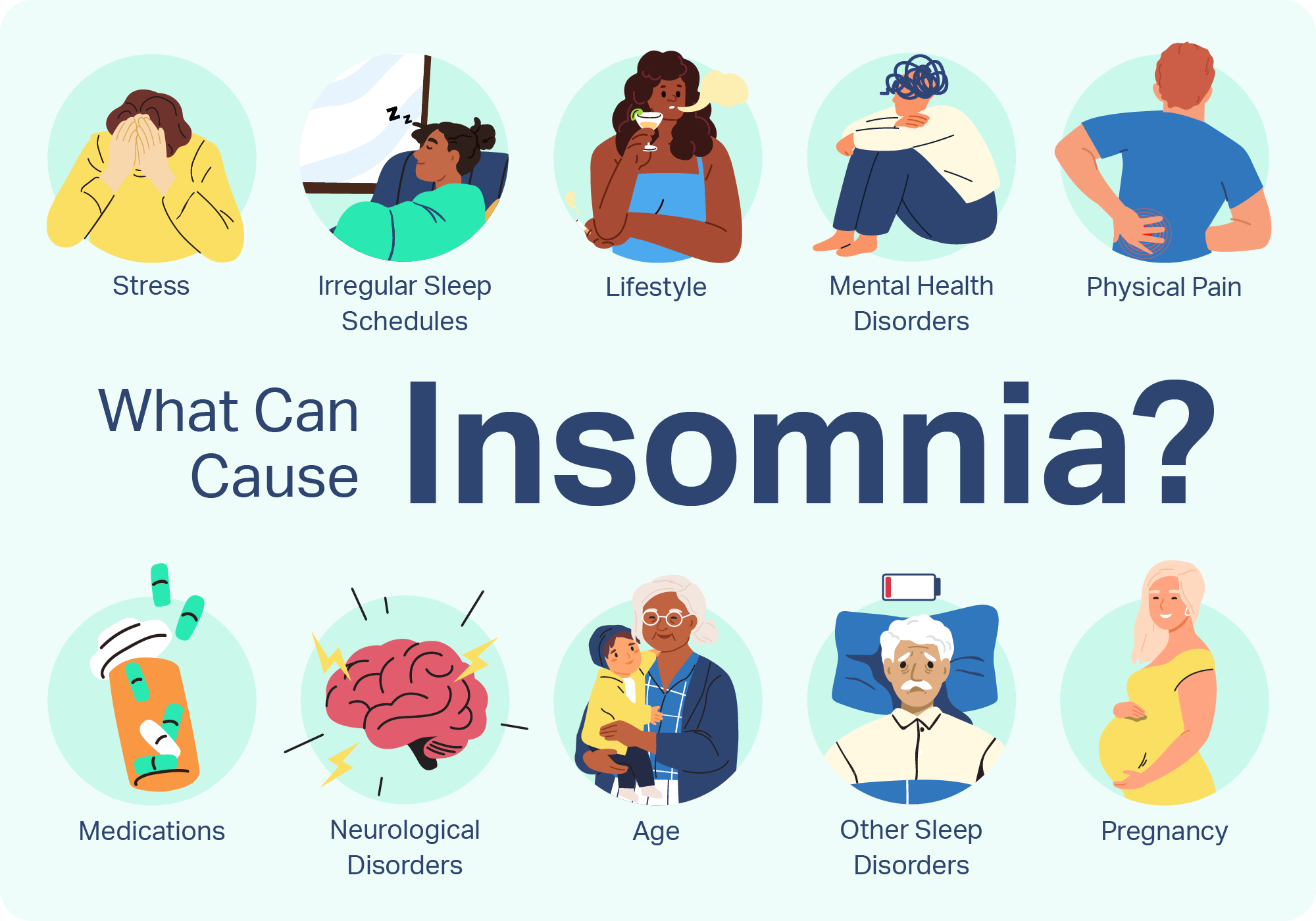
/what-is-insomnia-the-features-symptoms-and-causes-3014805-01-6d8b6d5d948945e68dd24a68c45ef795.png)
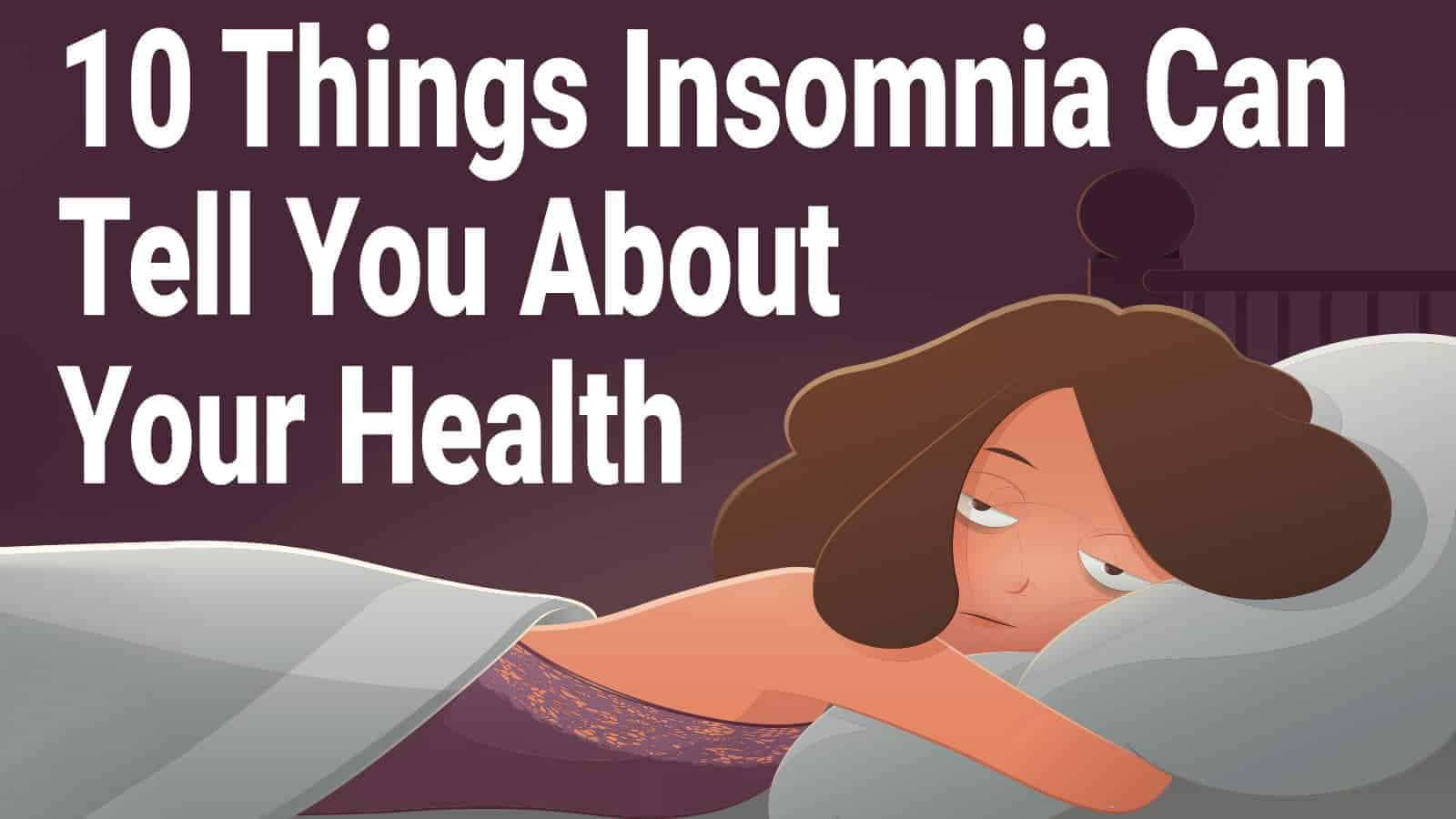
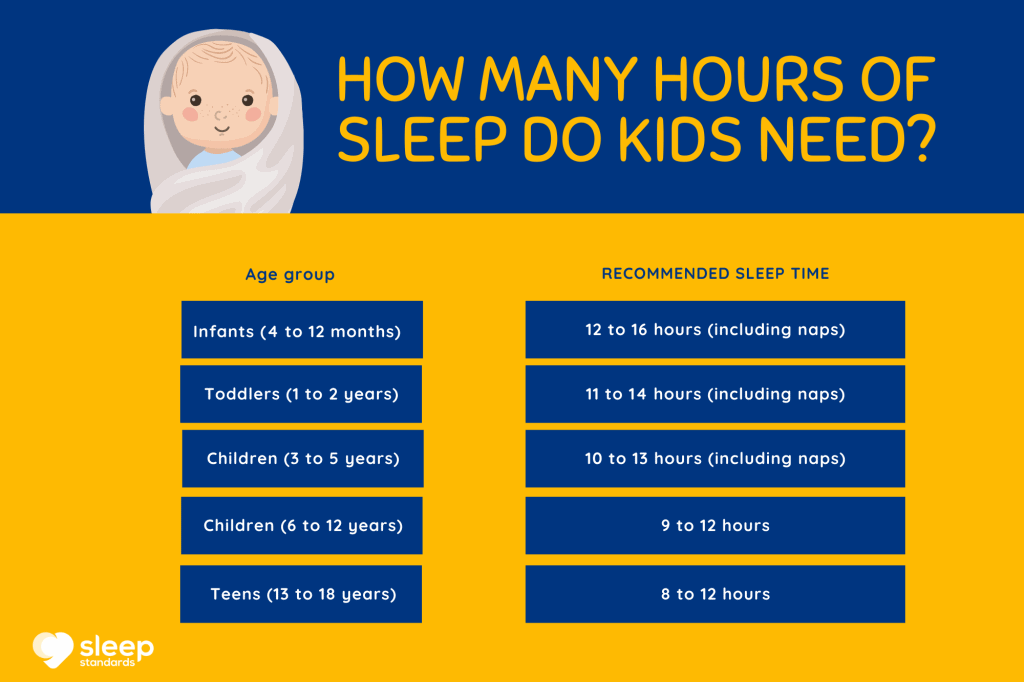
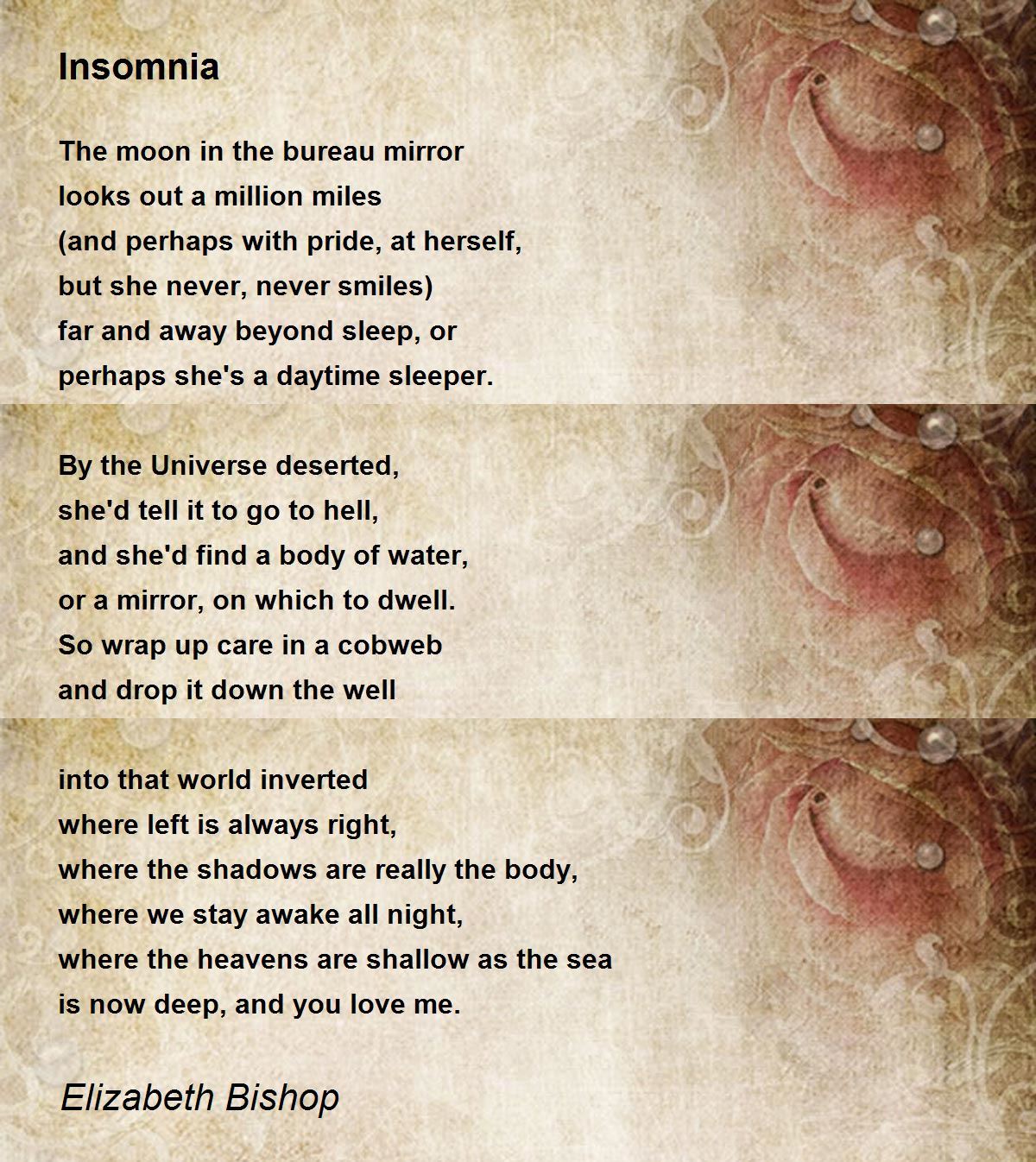







/__opt__aboutcom__coeus__resources__content_migration__mnn__images__2019__08__woman_awake_insomnia-1318cd3f727a4fc893d0f203bd2beb10.jpg)
